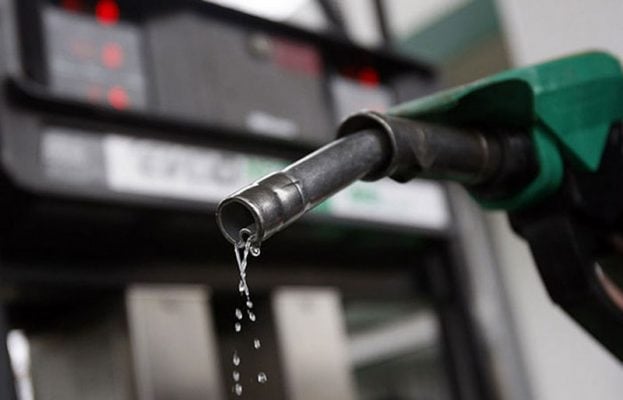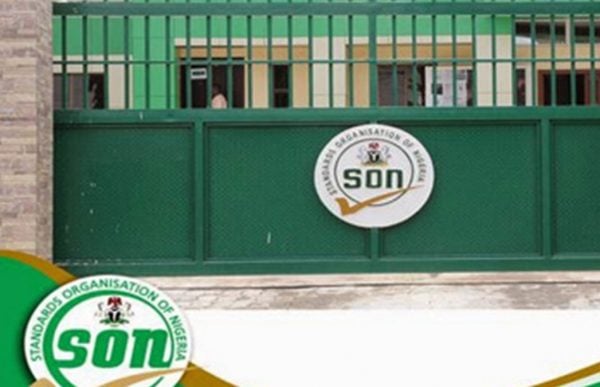Middle East Cease Fire Dips Oil Prices

Global oil market has witnessed a dip in oil prices amidst mounting supply risk relating to U.S. sanctions on the Russian complex.
Brent traded below $82 on market riskoffs sentiment as Israeli and Hamas ceasefire ignites hope.
Oil prices traded weaker, with Brent falling back below US$82 per barrel. From a technical point of view, the market is in overbought territory and so overdue a correction, ING commodities strategists said in a note.
Analysts believe that mounting supply risks continue to provide broad support to oil prices.
There are reports that the incoming Trump administration is looking at how to approach the recent sanctions placed against Russia and how they could be used as a tool to try to push Russia and Ukraine towards a peace deal.
There are also suggestions that the incoming administration will take an aggressive approach towards Iran and Venezuela, analysts said.
Following the US sanctions against Russia, buyers continue to look for potential alternatives. Bloomberg reports that Saudi Aramco has received requests from Chinese and Indian buyers for as much as 750,000 b/d of additional oil.
ING commodities strategists think Saudis would not be the only suppliers these buyers would have approached. The latest data from Insights Global show that refined product inventories in the ARA region increased by 125 kt week on week to 6.9 mt.
The EIA weekly gas storage data shows that US gas storage fell by 258 Bcf last week, which is the third largest weekly decline since early 2022. Despite the large draw, it was largely in line with market expectations.
Ahead of the release, the market was expecting a draw of around 260 Bcf. Meanwhile, in Europe, storage continues to trend below the five-year average with it now a little over 63 per cent full, down from 78 per cent at the same stage last year and below the five-year average of 70 per cent full.
North Africa’s hydrocarbon-rich nation Libya is intensifying its efforts to revitalise its energy sector, which accounts for over 90% of the country’s state revenue.
The move comes as the nation seeks to encourage investments following years of turmoil and conflict. As part of these efforts, the Libyan National Oil Corporation (NOC) plans to launch an international licensing round for 22 onshore and offshore exploration blocks in 2025.
This initiative aims to draw significant global interest and signal a new development phase for Libya’s energy industry. Major international energy companies, including Repsol, Eni, Sonatrach, BP, OMV, and TotalEnergies, have resumed operations in the country after a decade-long hiatus, marking renewed optimism in Libya’s energy potential.
Despite ongoing internal turmoil, Libya’s oil and gas production exceeded a decade-high of 1.6 million barrels per day (bpd), just behind its long-term goal to reach 2 million bpd.
This revival is anticipated to bolster Libya’s economy and strengthen its role in global energy markets. A member of the Organisation of the Petroleum Exporting Countries (OPEC), Libya ranks among the top 10 countries globally in proven oil reserves, with an estimated 48.4 billion barrels, according to OPEC data.
The country’s proven natural gas reserves are calculated at approximately 1.5 trillion cubic meters. The third Libya Energy and Economic Summit, set to take place in capital city Tripoli on Jan. 18-19, will serve as a platform for advancing international collaborations, including with Türkiye.
Organised by Energy Capital & Power, a platform focused on African energy investments, the event is expected to showcase Libya’s vast investment opportunities and reinforce its vision in the energy sector.







